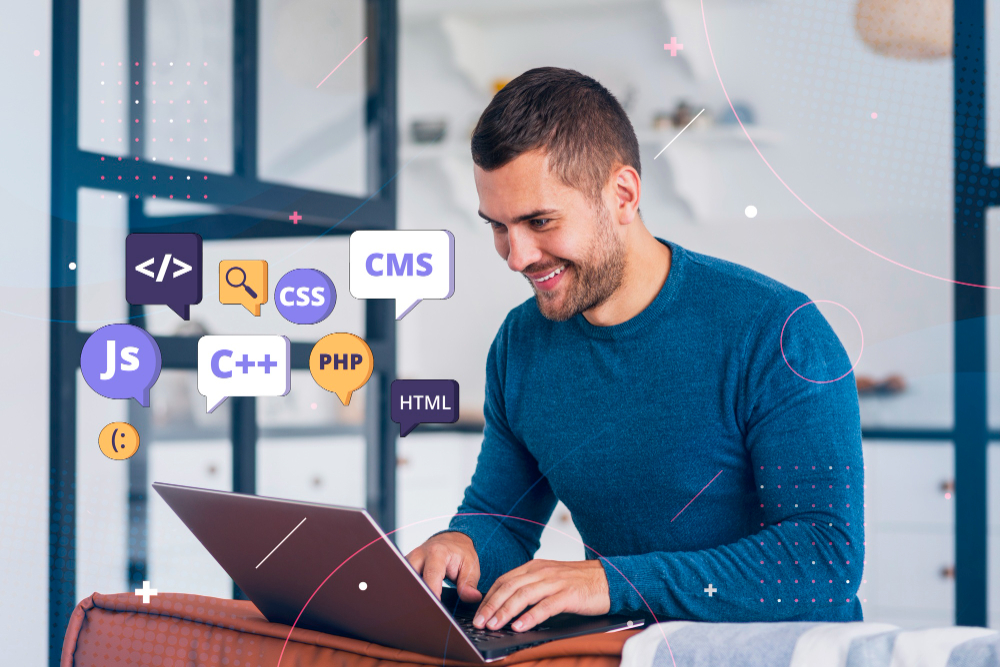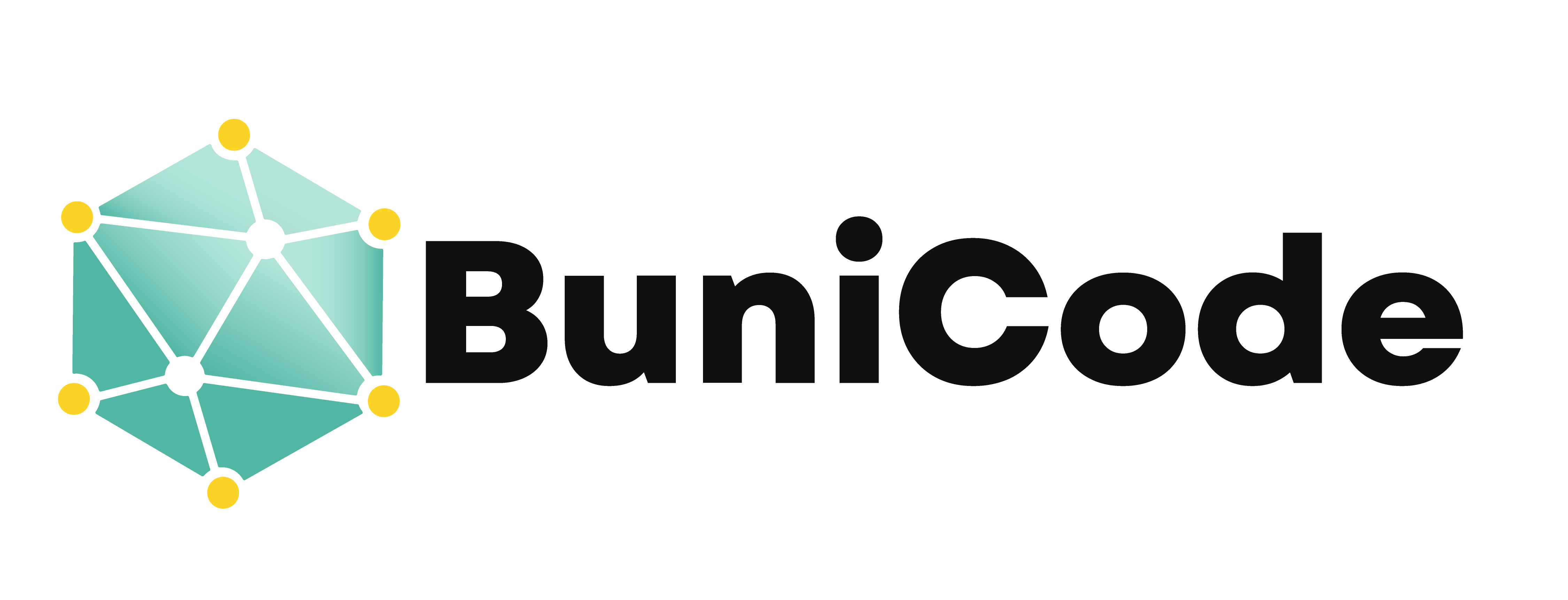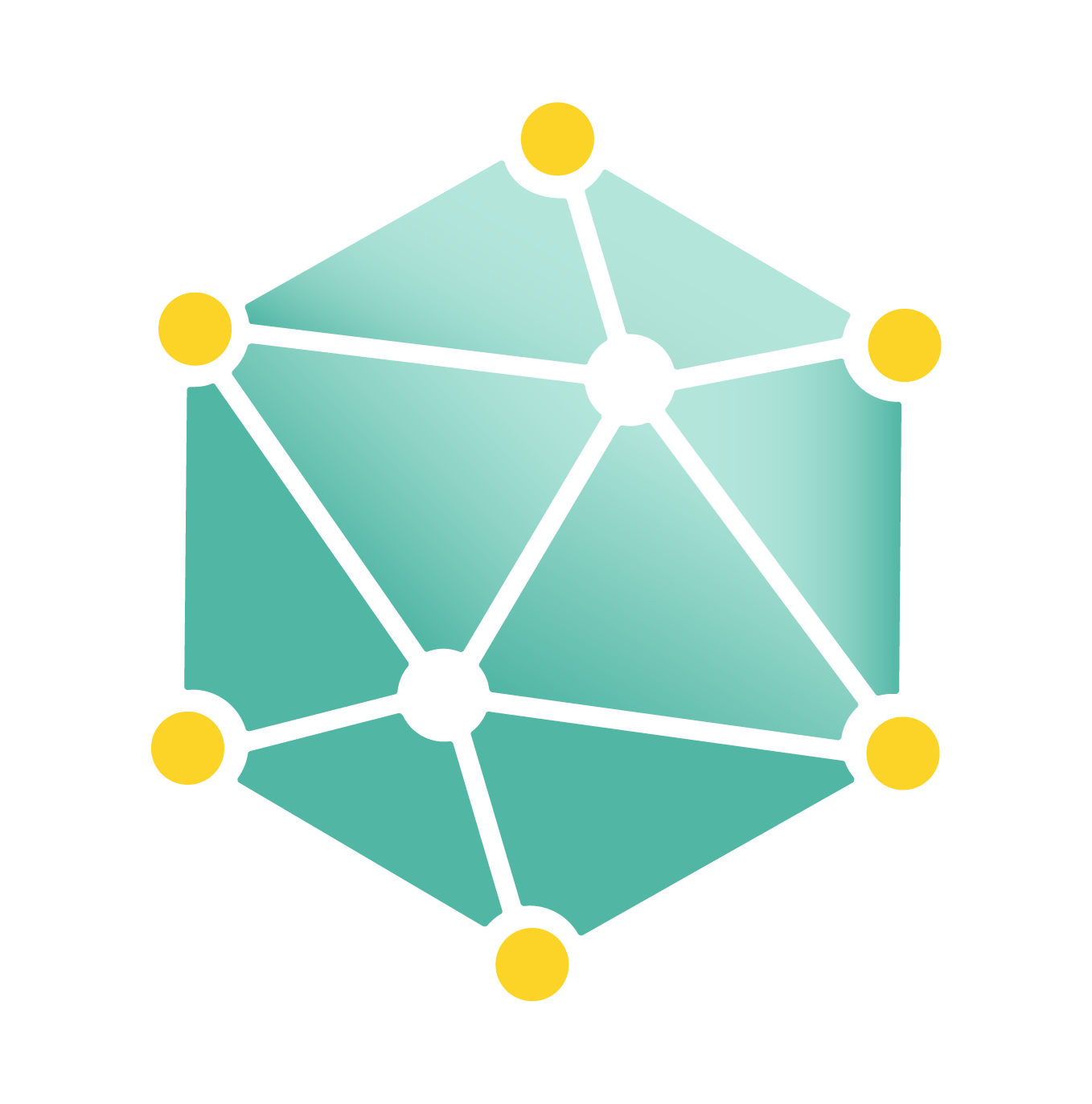So, you’ve decided to become a software developer—amazing choice! But now you’re wondering, “What kind of developer should I be?”
That’s where specialization comes in. With so many paths in the tech world, figuring out how you can specialize in becoming a software developer can feel a little overwhelming. But don’t worry—we’ve got you covered.
In this guide, we’ll explore what specialization means, how to choose your ideal path, and what it takes to grow your skills in a direction that suits your interests and career goals.

1. What Does It Mean to Specialize in Software Development?
Before we dive into how you can specialize in becoming a software developer, let’s first understand what specialization actually means.
In simple terms, specialization means focusing your skills on a specific area of software development instead of trying to master everything at once. It helps you stand out, build deeper expertise, and offer more value to employers or clients.
Imagine you’re in a hospital. You have general doctors, but then there are specialists—cardiologists, neurologists, pediatricians—who focus on one area and become experts in it. The same applies to the world of software.
As a software developer, you can choose to specialize in one type of development work, a particular tech stack, or even an industry niche.
This approach not only gives you clarity in your career but also boosts your confidence, income potential, and job satisfaction.
2. Popular Specializations in Software Development
If you’re thinking, “How can you specialize in becoming a software developer when there are so many options?” — you’re asking the right question. Let’s look at some of the most popular specializations you can consider.
a. Front-End Development (The Face of the Web)
If you love visuals, design, and user interfaces, front-end development might be for you. Front-end developers build the part of websites and apps that users interact with.
You’ll work with languages like HTML, CSS, JavaScript, and frameworks like React or Vue.js. It’s a great choice if you enjoy combining creativity with coding.
b. Back-End Development (The Engine Behind the Scenes)
Prefer logic, data, and functionality? Then back-end development could be your ideal niche. Back-end developers build the behind-the-scenes systems that power websites and apps.
You’ll work with server-side languages like Python, Java, Ruby, or PHP, and handle databases, APIs, and server logic.
It’s perfect if you like solving problems, building systems, and making sure everything runs smoothly.
c. Full-Stack Development (The All-Rounder Approach)
Can’t decide between front-end and back-end? Why not do both? Full-stack developers work across the entire development spectrum.
You’ll need to know both user interface design and server-side logic, making you highly versatile and in demand.
Many startups and small teams love hiring full-stack developers because they can handle end-to-end software projects independently.
d. Mobile App Development (Building Apps for Phones and Tablets)
If you love mobile devices and dream of building the next big app, mobile development is a great path.
You’ll work with languages like Swift (for iOS) or Kotlin (for Android). Alternatively, you can use cross-platform tools like Flutter or React Native to build for both platforms at once.
This specialization is perfect for those who enjoy building sleek, functional, and responsive mobile experiences.
e. DevOps Engineering (Bridging Development and Operations)
DevOps specialists combine coding with system administration, ensuring that software is delivered smoothly, deployed efficiently, and monitored consistently.
If you love automation, continuous integration, cloud platforms, and keeping systems up and running, this path is for you.
DevOps is growing rapidly and offers high-paying opportunities for developers who love working with tools like Docker, Jenkins, and Kubernetes.
f. AI and Machine Learning Development
Want to build smart systems that learn and adapt? AI and machine learning development lets you dive into the world of data-driven applications, prediction algorithms, and automation.
You’ll work with Python, TensorFlow, and other data tools to create applications that go beyond traditional programming.
🔗 Check out this great external resource from Coursera’s Machine Learning Specialization if you’re curious about this path.
3. How Can You Choose the Right Specialization?
If you’re asking, “How can you specialize in becoming a software developer when everything sounds interesting?” — here’s a framework to help you decide.
✅ Assess Your Interests
Do you enjoy visual design, problem-solving, automation, or working with data? Your passion should guide your path.
✅ Explore Projects
Try building small projects in different areas—websites, mobile apps, machine learning tools. See what sparks your interest the most.
✅ Follow the Market
Research which skills and specializations are in high demand in your local or global job market. Use platforms like LinkedIn, Indeed, and Stack Overflow Jobs to track trends.
✅ Talk to People in the Industry
Connect with developers, attend tech meetups, or join online communities to ask questions and learn from real-world experiences.
✅ Try Internships or Freelancing
Real-world experience will help you discover what you enjoy doing most — and what you don’t.
4. How to Start Building Expertise in Your Chosen Specialty
Once you’ve found your area of interest, it’s time to go deep and sharpen your skills. Here’s how:
- Enroll in online courses or certifications tailored to your specialization
- Read industry blogs, watch tutorials, and follow thought leaders on Twitter or LinkedIn
- Build portfolio projects and upload them to GitHub or your personal website
- Contribute to open-source projects to gain practical, real-world experience
- Join specialization-specific forums and Discord groups to stay updated
And don’t forget to keep learning — specializing doesn’t mean you stop growing. It means you focus while staying flexible.
Final Thoughts: You Don’t Have to Know Everything—Just Your Thing
So, how can you specialize in becoming a software developer? By exploring your interests, picking a path that excites you, and learning continuously in that direction.
Remember, specialization is not about boxing yourself in—it’s about building mastery and adding more value to your career.
Whether you choose front-end, back-end, DevOps, mobile, or AI, the most important thing is that you enjoy the journey and grow with confidence.
💡 Still exploring? No problem—every great developer started by simply trying something new. You’ve got this!
📌 Want more helpful guides on software development, coding tools, and career tips? Visit our Developer Resources Hub (internal link).



